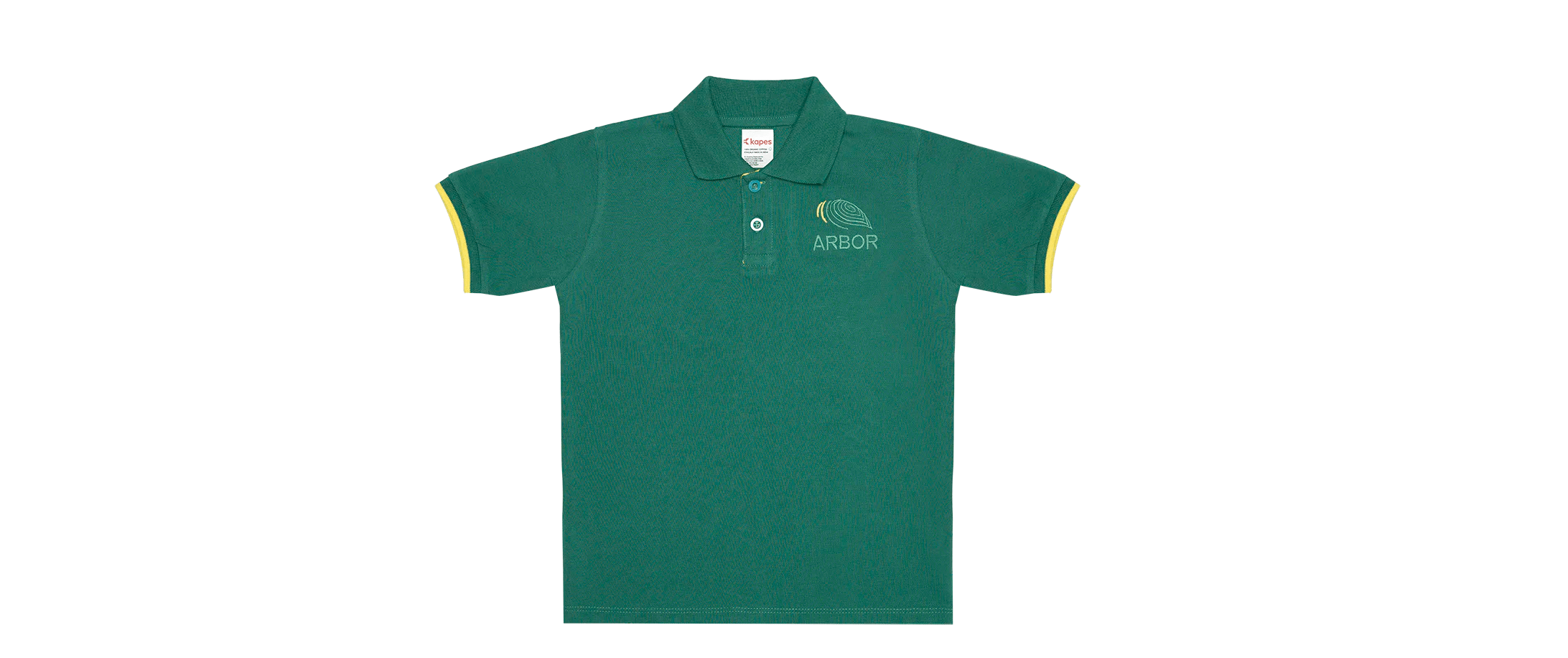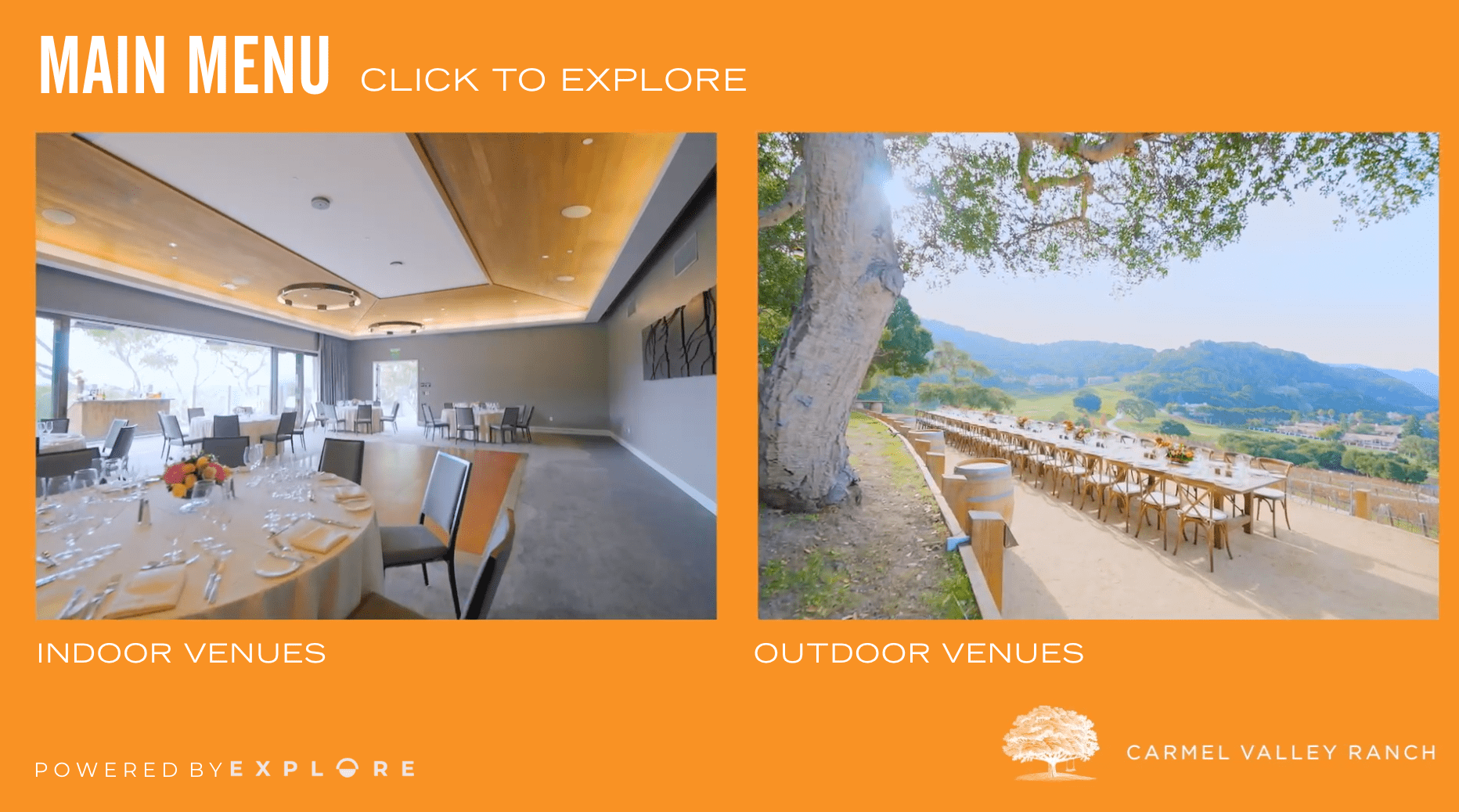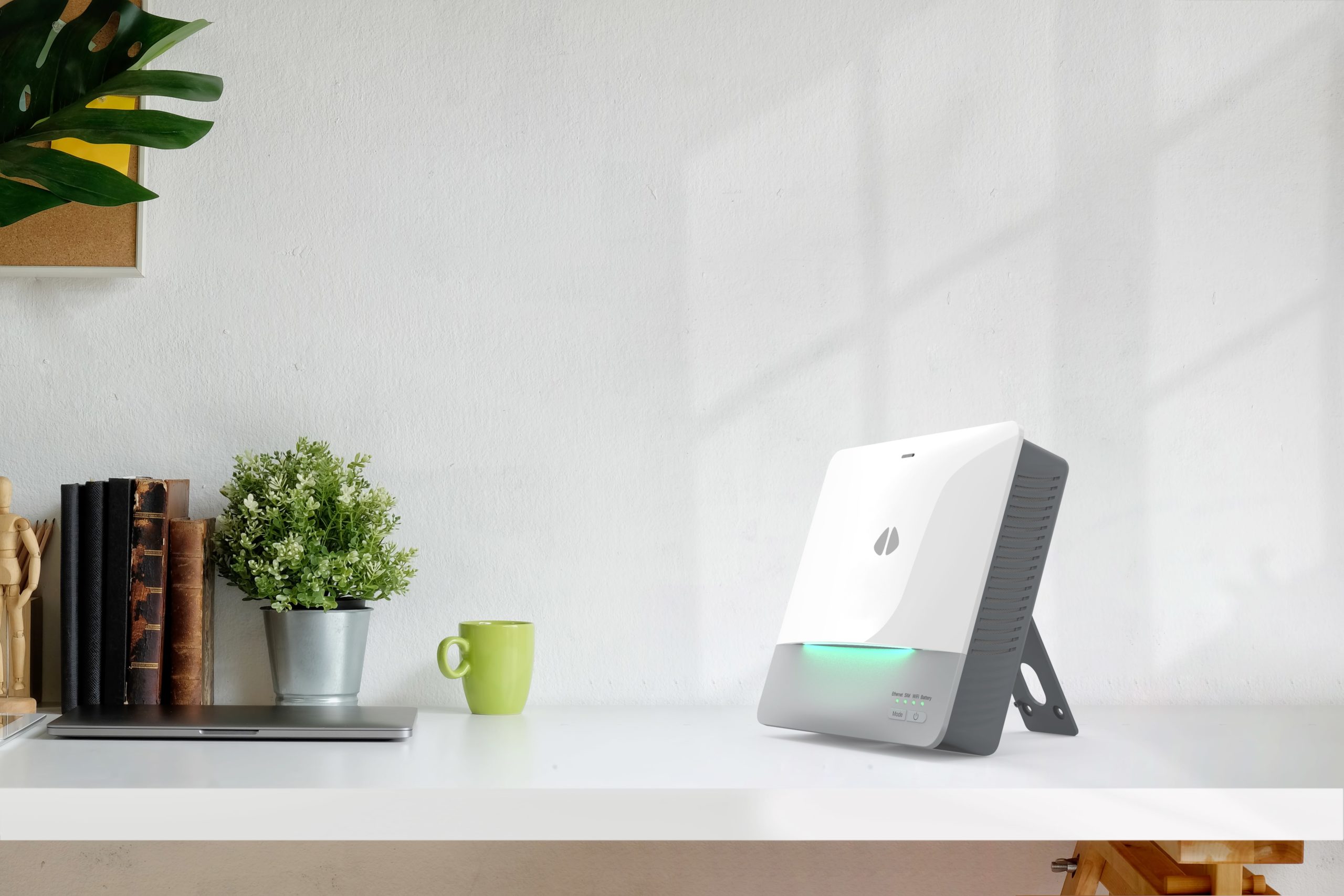Tuu Picks: Kapes – sustainable school uniforms
Uniforms that have a positive impact and help pioneering schools achieve sustainability goals? Tick.
Kapes supplies sustainable uniforms to the new generation of schools.
Remarkably, Kapes saves on average 1,000,000 litres of water, 950,000km of driving emissions, enough energy to power 500,000 light bulbs for an hour, and offsets 5 tonnes of CO2 per academic year.
This is a school supplier Tuu can get behind.
“I’d worked in fashion and textiles since 2010 and developed a passion for sustainability,” says Kapes Founder and CEO Matthew Benjamin.
“I was aware of the negative impact that fashion had on the planet and the people on it, and I wanted to use fashion as a tool for positive change…
School uniforms were an overlooked part of fashion but had all of the issues that could be found in fast fashion.
Kapes Founder and CEO Matthew Benjamin
The issue with uniforms, says Matthew, is that they are usually made with virgin plastic or conventional cotton – both of which have a huge negative impact on the planet. Supply chains are often opaque and the model is take-make-waste; there’s nothing circular about it. And with students growing so quickly, this means lots of uniforms end up in landfill.
Enter Kapes, which takes a holistic approach to sustainability.
It all starts with the materials. Kapes uses fabrics that lower the impact on the environment. Then it looks at the supply chain. Kapes partners with ethically certified manufacturers to ensure the workers are treated and paid fairly. Plus, for every child Kapes sells a school uniform to, it gives a free one to a child in need in a developing country.
Kapes works with schools such as The Arbor School, Fairgreen International School, and Nadeen School.
“Arbor is very proud to be the first school in the UAE to adopt sustainable uniforms with Kapes,” says Brett Girven, Principal at The Arbor School.
“And by taking that single step, we’ve already offset more than 20,000 carbon that would have been released into our atmosphere this year alone.
“The materials that we find with Kapes are mostly organic, they’re fair trade, they’re made of simple things, like the buttons, which are made of coconut shells.
“It makes a significant difference in terms of the feel against the skin, its wearability, and, again, its impact on the sustainability of our future.”
Brett Girven, Principal at The Arbor School
Learn more about Kapes and send a message to matthew@kapes.co telling him that you’re friends of Tuu. Together, we can help your school become a more sustainable place to nurture tomorrow’s green leaders.



